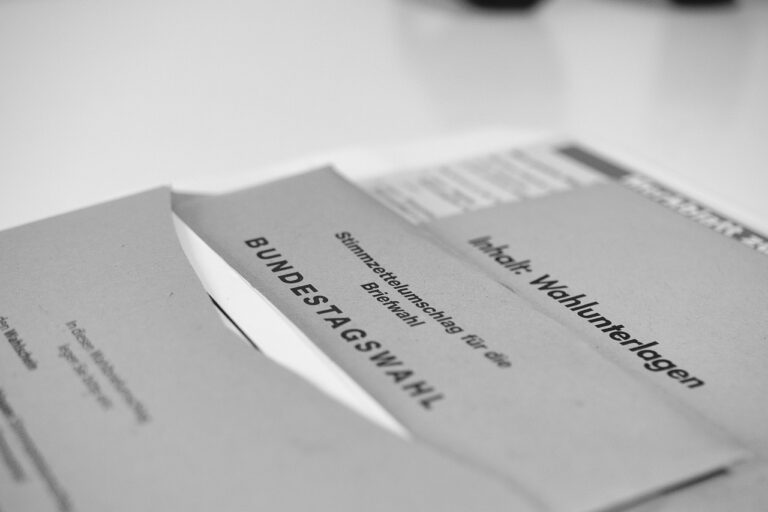The Role of Election Auditing in Preventing Election Fraud and Manipulation
cricbet.99, sky1exchange, cricbet99 reddy anna:Analyzing the Impact of Voter Disinformation on Auditing Credibility
In recent years, the spread of disinformation and misinformation online has become a growing concern, especially in the context of elections. Voter disinformation can have a significant impact on the credibility of auditing processes and the overall integrity of electoral systems. In this article, we will explore how voter disinformation affects auditing credibility and what measures can be taken to mitigate its impact.
The Role of Auditing in Elections
Auditing plays a crucial role in ensuring the integrity of elections. By verifying the accuracy of election results, auditing helps to detect any errors or irregularities that may have occurred during the voting process. This transparency is essential for maintaining public trust in the electoral system and ensuring that election outcomes are legitimate.
However, the effectiveness of auditing processes can be compromised by voter disinformation. When voters are exposed to false or misleading information, they may become distrustful of the electoral system and the auditing process. This can undermine the credibility of audit findings and cast doubt on the legitimacy of election results.
Impact of Voter Disinformation on Auditing Credibility
Voter disinformation can have a range of negative effects on auditing credibility. One consequence is the erosion of public trust in the electoral process. When voters are exposed to misleading information about election procedures or the integrity of electoral officials, they may be more likely to question the validity of audit results.
Moreover, voter disinformation can also create confusion and uncertainty surrounding election outcomes. If voters believe false information about the conduct of the election or the accuracy of audit procedures, they may be less likely to accept the final results. This can lead to increased polarization and political unrest, undermining the stability of democratic societies.
Furthermore, voter disinformation can pose a threat to the independence and impartiality of auditing processes. When auditors are subjected to pressure or intimidation from misinformation campaigns, their ability to conduct thorough and objective audits may be compromised. This can result in incomplete or inaccurate audit findings, further undermining the credibility of the electoral system.
Mitigating the Impact of Voter Disinformation
To mitigate the impact of voter disinformation on auditing credibility, it is essential to take proactive measures to combat the spread of false information. One approach is to promote media literacy and critical thinking skills among voters. By empowering individuals to discern between credible and unreliable sources of information, we can reduce the influence of disinformation on electoral processes.
Additionally, election officials and auditors can work to increase transparency and accountability in auditing procedures. By clearly communicating the steps involved in auditing and providing regular updates on the progress of audits, officials can build trust with the public and demonstrate their commitment to impartiality.
Moreover, cooperation between government agencies, civil society organizations, and tech companies is essential to combatting voter disinformation. By sharing information and resources, these stakeholders can develop coordinated strategies to identify and counter false narratives before they have a chance to spread.
FAQs
1. What is the difference between disinformation and misinformation?
Disinformation refers to false or misleading information that is deliberately spread to deceive others, while misinformation is false information that is spread without the intent to deceive.
2. How does voter disinformation impact auditing credibility?
Voter disinformation can erode public trust in the electoral system, create confusion surrounding election outcomes, and undermine the independence of auditing processes.
3. What can be done to mitigate the impact of voter disinformation on auditing credibility?
Promoting media literacy, increasing transparency in auditing procedures, and fostering collaboration between stakeholders are key strategies to combat voter disinformation.







